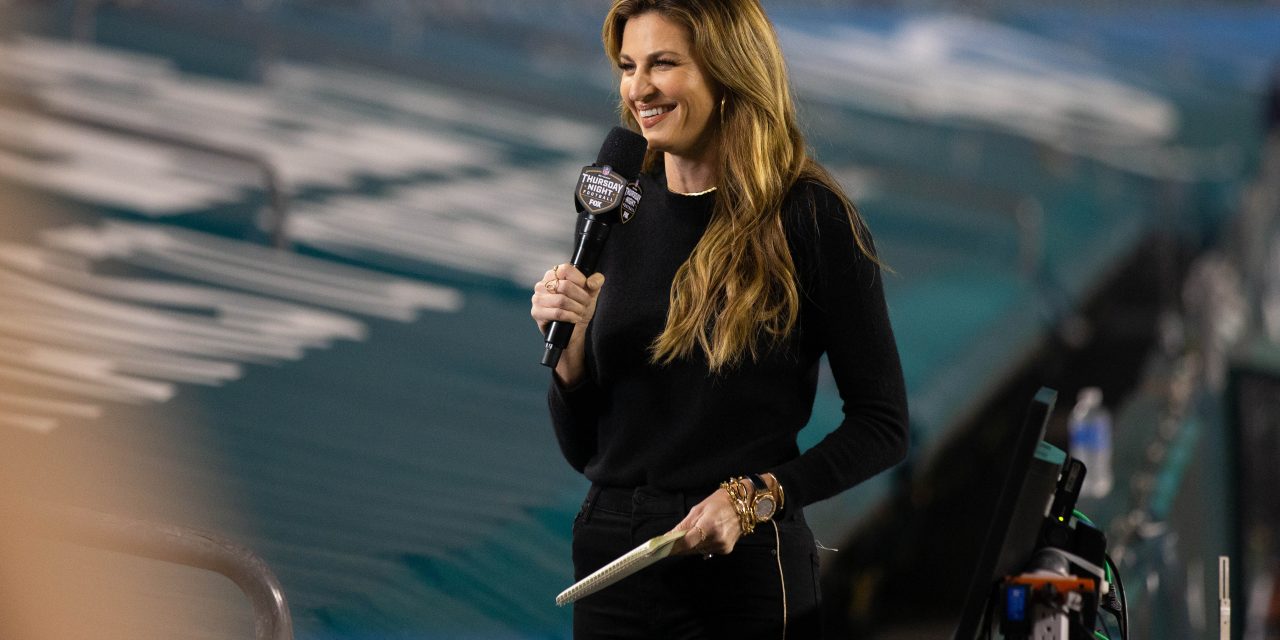Working in sports media is widely viewed as being a glamorous job and there are numerous ways you can plot a route into the industry.
It is fair to say that the sector may not suit everyone, particularly the people who enjoy the structure offered by traditional 9-5 job roles.
However, for individuals who enjoy flexible working patterns, careers in sports media can be extremely rewarding – both from a job satisfaction perspective and financially.
Whether you decide to work for an employer or head down the freelance route, the sports industry is awash with exciting media roles.
To take the hassle out of trying to break into this hugely competitive sector, we’ve come up with a few handy suggestions that could help you secure your dream job.
Check out sports career websites
There are a wide range of websites available on the internet that specifically list a vast array of jobs within the sports industry.
For instance, if you are searching for sports jobs, the impressive Careers in Sport site regularly advertises roles from across the industry.
UK Sport is another informative site that features a wide range of roles in sports media, while recruitment specialists such as Indeed and Reed are also well worth checking out.
Using search engines such as Google and Yahoo is another great way to find sports media opportunities, as this can bring up exciting roles from further afield.
For anyone looking to secure a career in sports media, the internet is undoubtedly a valuable resource when it comes to finding your ideal job.
Build up a strong social media presence
If you want to work in a public-facing sports media role, it is imperative to establish a strong ‘personal brand’ across social media.
Platforms such as Facebook, Twitter, Instagram and LinkedIn are a great way to get yourself noticed and can often open the door to exciting new jobs in sport.
They provide you with the opportunity to network with people and organisations in the sports industry, giving you the chance to showcase your abilities.
Many sports media roles are often filled through word of mouth, with potential employers seeking recommendations via social media.
Building a strong presence on social media can give you a crucial advantage against people who fail to fully utilise the platforms to their advantage.
Undertake a university degree
Obtaining a qualification in an associated specialism can significantly improve your chances of climbing the ladder in sports media.
For instance, if you are passionate about sports reporting, undertaking a journalism degree is an excellent way to gain the necessary skills to work in the industry.
Modern sports journalists must possess multi-media skills, and the modules in university degree courses are designed to cover all aspects of the industry.
Many universities have also forged link-ups with sports clubs, organisations and media outlets, to provide students with the opportunity to gain ‘on-the-job’ experience.
If you perform well enough, you may find that a job offer falls into your lap to coincide with you graduating from your course.
Take advantage of unpaid opportunities
Working for free might be an alien concept to some people, but it can help to give you an all-important leg up on the sports media career ladder.
Many clubs in various sports lower down the scale are desperate for volunteers and can offer valuable work experience to pad out your CV.
Writing match reports for websites, producing the match programme, filming games and managing social media are amongst the ways you can support a lower level sports club.
This type of arrangement is very much a two-way street – you gain valuable work experience while providing the club with sports media coverage.
People often find a route into the sports industry via volunteering, so do not be afraid to give up your time – it can pay massive dividends in the long run.
Remember to network face-to-face
In an age where digital technology has made it easier to stay connected with people, it is important to remember the importance of face-to-face networking.
Attending sports conferences is a great way to meet industry professionals and put yourself in a position to find out about job in football and other sports media.
Speaking directly to sports clubs, organisations, associations and agencies can also help to build up a network of useful connections.
Local radio stations and newspapers are also worth contacting, as these type of outlets are constantly on the lookout for talented people.
Personal networking remains an important tool for any jobseeker, but it is a particularly pertinent tool for anyone who harbours dreams of securing a sports media role.











